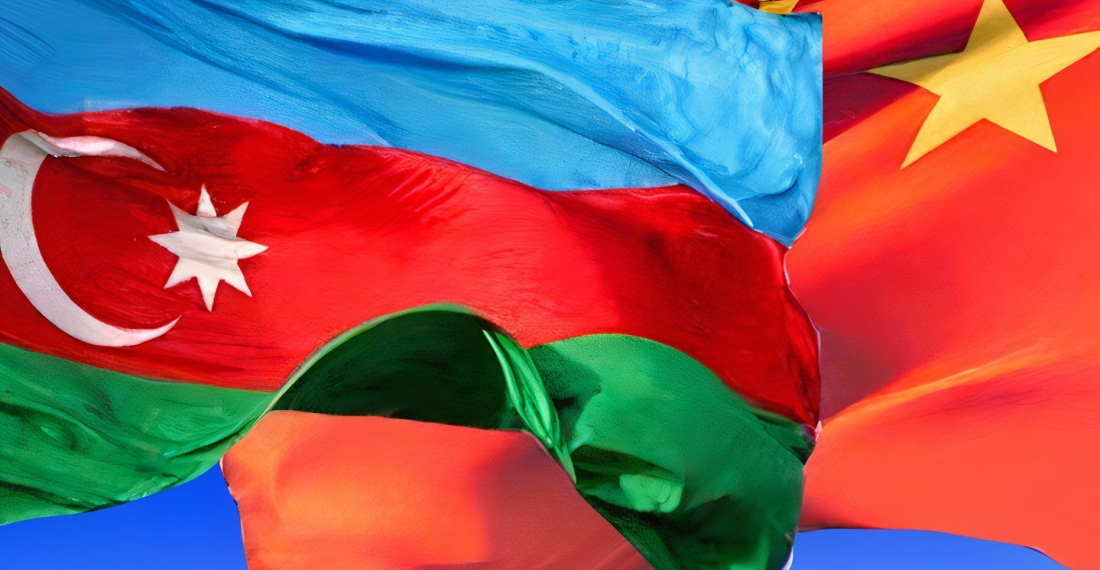At the 12th Beijing Xiangshan Forum, which was held from Wednesday to Friday (17 - 19 September), Azerbaijan’s Defence Minister, Colonel-General Zakir Hasanov, led Baku’s delegation and held high-level discussions with his Chinese counterpart on advancing joint military capabilities.
According to Azerbaijani journalist Seymur Mammadov, for Azerbaijan, the attraction of China lies not only in its growing economic power, but in its promise of defence technologies and political non-interference. He argues that sanctions, political conditions, and capacity limits constrain many Western suppliers while Russia, which was once the primary provider of military hardware to Baku, remains under international pressure and is increasingly focused on its own internal industrial demands. In this environment, Mammadov claims that China presents itself as a partner capable of offering advanced systems, unmanned aerial platforms, long-range rocket artillery, and electronic warfare systems, without the strings typically attached by Western states.
This evolving defence cooperation is no longer at the level of political rhetoric. In 2024, Baku and Beijing signed a Declaration on Strategic Partnership that explicitly includes defence and security cooperation. April 2025 saw further steps: during the “Towards a New World Order” forum, President Ilham Aliyev underlined Azerbaijan’s intent to modernise its forces with Chinese help. More tangibly, in February 2025, Azerbaijan’s state arms manufacturer Azersilah entered a deal with China’s Norinco at the IDEX defence expo in Abu Dhabi. This agreement could presage more extensive procurement and potential co-production of military hardware. Talks are underway on joint manufacturing facilities, giving Baku not only weapons but the capacity to manufacture, upgrade and perhaps export military systems.
Azerbaijan has also engaged with several leading Chinese defence industries, including Poly Technologies and China Electronics Technology Corporation (CETC), in discussions around radar, electronic warfare, UAVs and other force modernisation tools. While public announcements are limited, these ongoing contacts suggest the substance of cooperation is growing fast.
From China’s standpoint, strengthening military-technical links in the South Caucasus complements its broader Belt and Road ambitions, expanding its influence into corridors that connect Asia and Europe. Azerbaijan’s geographic location makes it a strategic node in transport, energy, infrastructure and now defence capabilities, China can embed without overt political interference.






